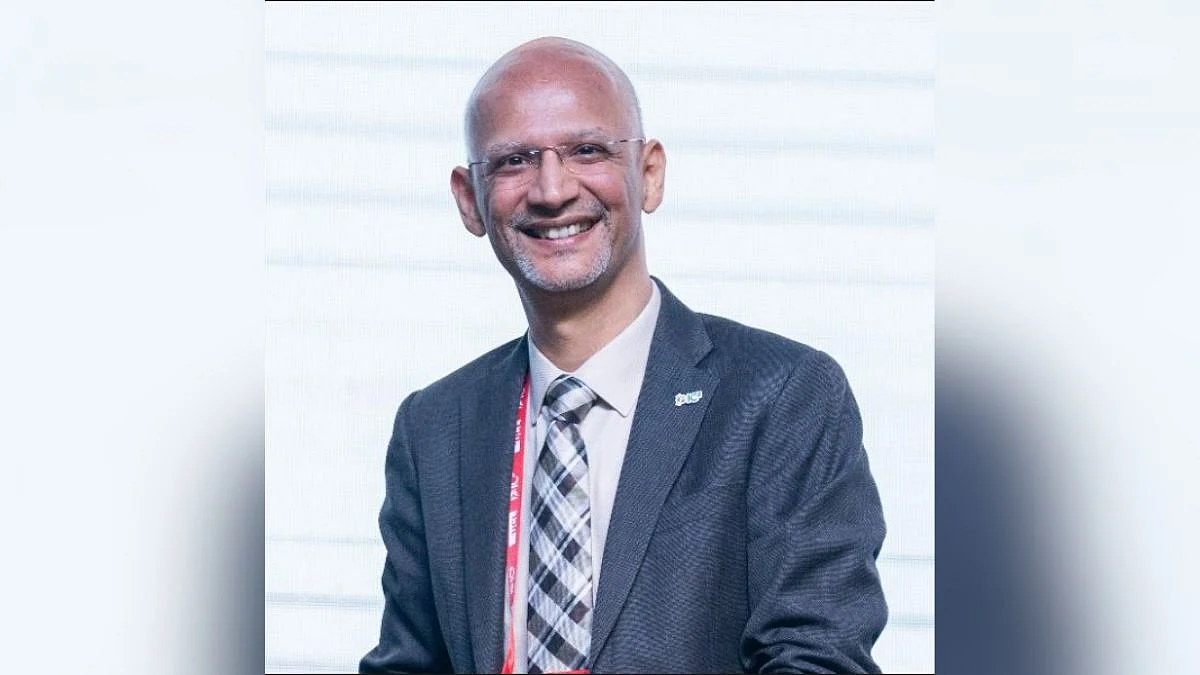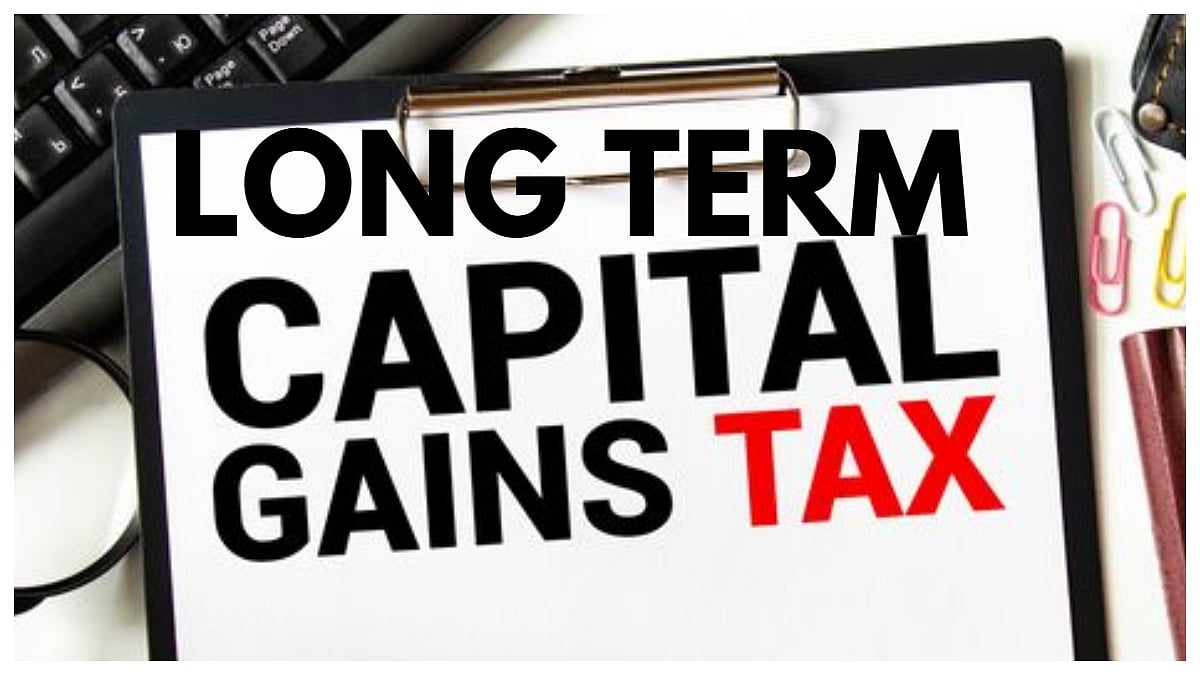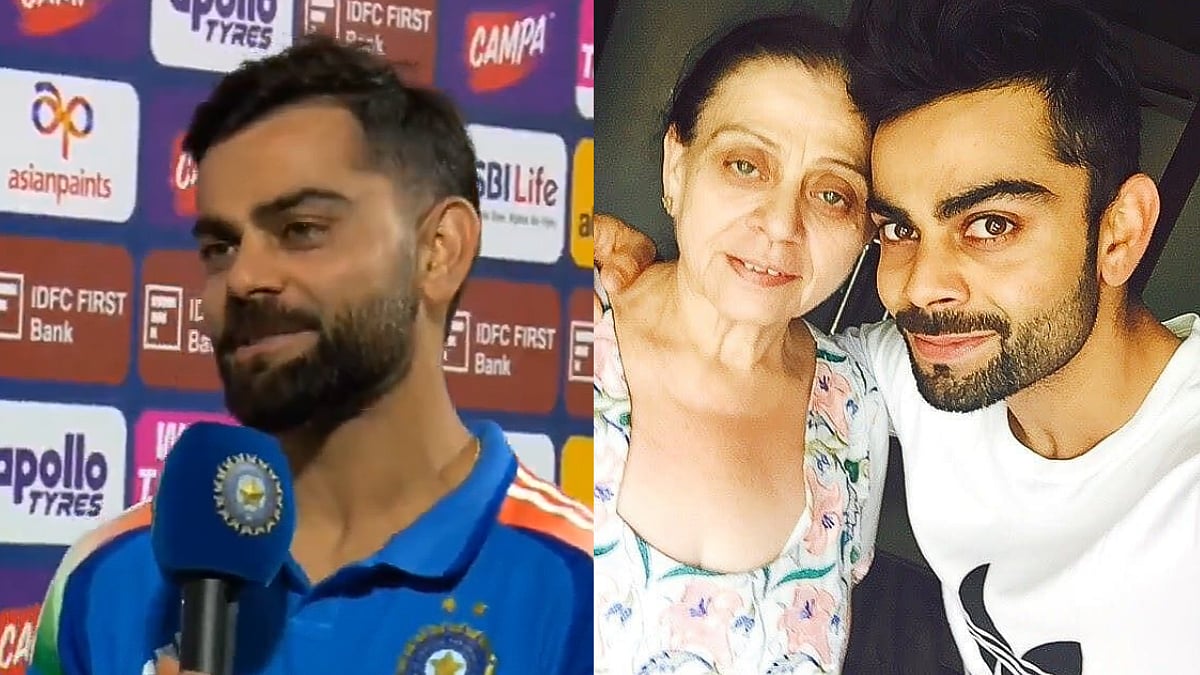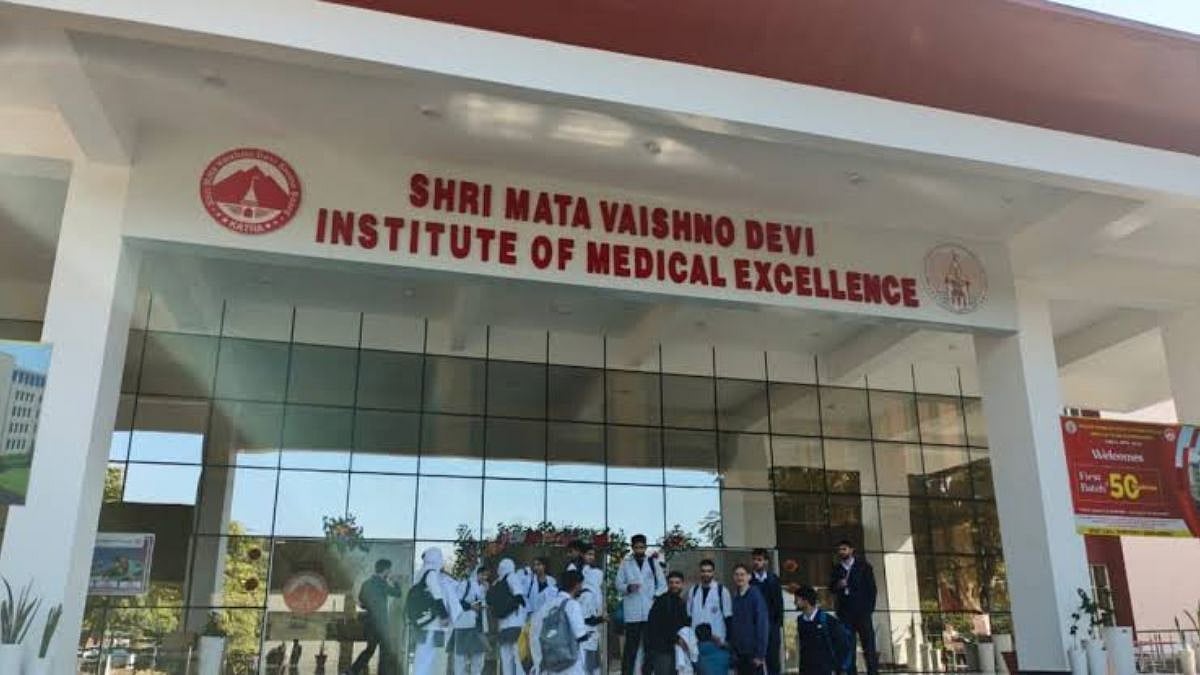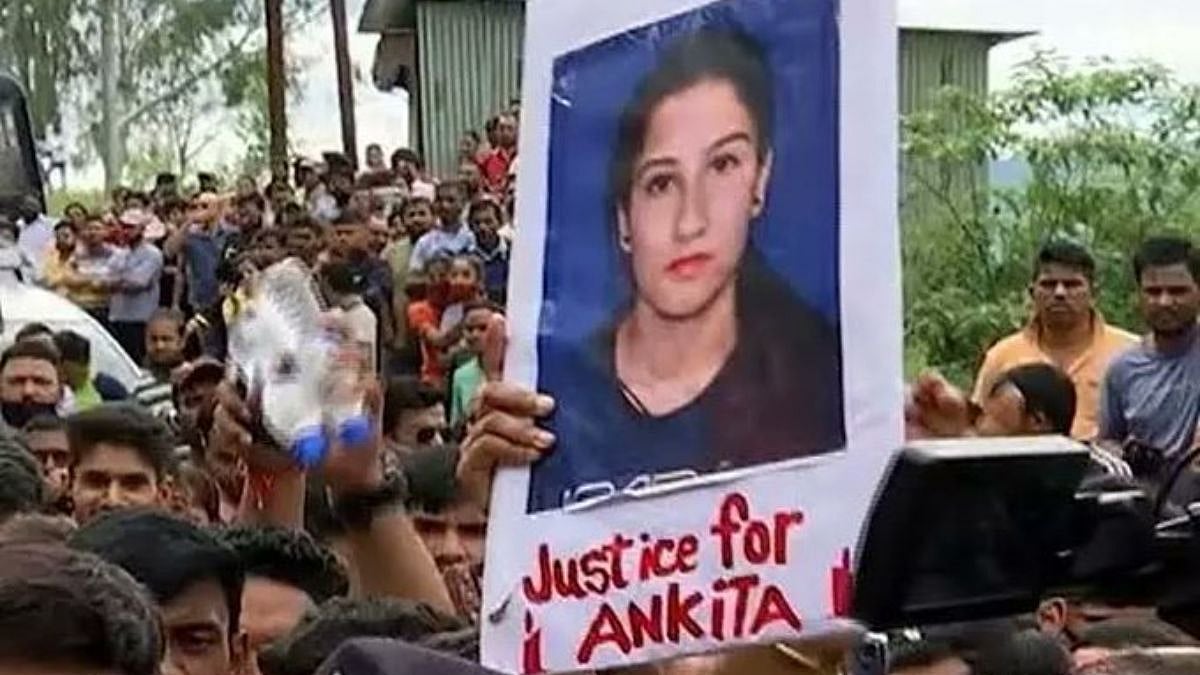Kamal Nath, the former Congress Chief Minister of Madhya Pradesh, who accused the governor, Lalji Tandon, of colluding with the Centre is probably blissfully unaware of B.R. Ambedkar’s unflattering description of the gubernatorial office as “a rubber stamp, a mere figurehead, having absolutely no power worth the name”. The question then arises: do we need governors at all?
It is being asked again in West Bengal where the governor, Jagdeep Dhankar, loses no chance to needle Mamata Banerjee, the combative Trinamool Congress Chief Minister. The COVID-19 pandemic, panic-stricken return to the state of hundreds of thousands of migrant workers from all over the country, and, now, the havoc caused by Cyclone Amphan enables Mr Dhankar constantly to find fault with the elected government. There has been a slight pause in the exchange of accusatory letters between them because of the Prime Minister’s brief visit for an aerial survey of the cyclone damage, but this can only be the lull before the storm.
In the United States, the governor is the elected head of the state government. In India, the governor is a relic of British times. When Constituent Assembly members were discussing the Constitution, they could not imagine the state governments that were to replace provincial governments being without a head of state. Even Vallabhbhai Patel, who has posthumously been elevated to be the Bharatiya Janata Party’s icon, professed to favour “the British type of constitution with which we are familiar”. Since the Government of India Act 1935, which is in all essentials today’s republican Constitution, had governors, we continued the tradition.
At the same time, and as with the highest office in the land, that of President of India, we tried to ensure the British convention of form without substance. Jawaharlal Nehru even said in the Constituent Assembly that any precise list of dos and don’ts would derogate from the President’s dignity, as it would from that of the British monarch. The analogy was all wrong. It misread the temperaments of the two peoples concerned, and what each understands by convention. It was also historically inaccurate. True, “many things which cannot be written in a Constitution are done by conventions”, as Rajendra Prasad rightly noted. But unlike sentimental Britons, hard-nosed Indian politicians do not respect conventions without punitive force.
British sovereigns did not voluntarily surrender the authority still vested in them in theory. They were forced to do so by revolts and revolutions, dethronements, exile, imprisonment and even an execution. At university in England in the 1950s, we were taught that if the Queen strayed from her ceremonial role, Parliament would cut off the Civil List, her payment from the state. Every British monarch has before him or her the spectre of the decapitated Charles I.
The British held that some of the divine right of kings percolated through the viceroy to provincial governors and even to heads of districts. They buttressed this fancy by claiming that the Maurya, Gupta and Mughal empires exalted its regional satraps, and, indeed, some of them, notably in Lucknow and Hyderabad, became almost independent. Since Independence, a state governor has been expected to be apolitical and to act on the advice of the cabinet. In practice, governors like Ram Lal in Andhra Pradesh, Dharma Vira in Bengal or Sikkim’s Homi Taleyarkhan gave short shrift to the figurehead theory.
The British devised the office of governor in the twilight of the Raj to ensure that even if the provinces had elected governments with Indian premiers in charge, certain essential powers, as well as control over the Centre, still remained in British hands. New Delhi has used this reserve authority ever since to keep recalcitrant states on a short leash. The now forgotten Burgula Ramakrishna Rao was the governor of Kerala who in 1959 enabled Nehru to dismiss what has often been called the world’s first democratically elected Communist government.
Mr Dhankar may aspire to similar eminence in Bengal as he comments adversely on just about every aspect of the state government’s performance. He has spoken on the supposed flight of industry from the state, criticised the protests against the Citizenship Amendment Act, and complained about not being appointed to the governing board of the private Christian La Martiniere schools. He describes the Bengal government’s actions to contain COVID-19 as an “abject failure” and panders to the Hindutva lobby by criticising what he calls the “explicit and awkward appeasement of the minority community”. In an unprecedented move, he even once called an all-party meeting.
It’s difficult to think of a topic he has left out. He accuses the Chief Minister of “demagoguery”. He complains of the state’s allegedly low testing rate for coronavirus and charges Ms Banerjee’s government of abetting a “PDS scam”. In one letter he said he had sought the Centre’s confirmation about the number of testing kits Bengal had as well as the distribution of rations under the Union government’s coronavirus relief scheme, provoking an immediate and furious response from the Chief Minister. She argued that an unelected figurehead had no right to a political role. “You appear to have forgotten that I am an elected chief minister of a proud Indian state,” she wrote. “You also seem to have forgotten that you are a nominated governor.”
Mr Dhankhar was unfazed. “Your constant refrain of governor being ‘nominated’ is lamentable and can be ascribed to elementary ignorance of the Constitution,” he wrote back. He also justified his interventionist role: “Governor is not expected to be in sleep mode when the state is facing a challenge.” The point was reiterated on Twitter, “I cannot be fiddling in Raj Bhawan when people are stressed. I cannot turn ‘Nelson’s eye’ to issues being faced by the people in this crisis period.”
Whatever merit the governor’s argument might have, newspapers now seek his views on things that were not asked of previous governors. Is he “satisfied with the state government’s efforts in combating COVID-19 spread”? Will he “request the Centre to release more funds to the state government”? What are his thoughts on “lifting the lockdown”? Mr Dhankar’s televised address on Doordarshan was dubbed in Bengali.
Bengal’s BJP Opposition might be ineffective and impotent but its BJP-appointed governor is a robust substitute. That answers the question with which I started. E.M.S. Namboodiripad, early victim of gubernatorial manipulation, thought governors could be dispensed with. But he was looking at the matter from an administrative point of view. As Namboodiripad also concluded, “whatever the theory regarding the governor in the Constitution, the governor is, in practice, an agent of the Central government, or rather of the party which rules the Centre.” No Centre will surrender that asset.
The writer is the author of several books and a regular media columnist.

